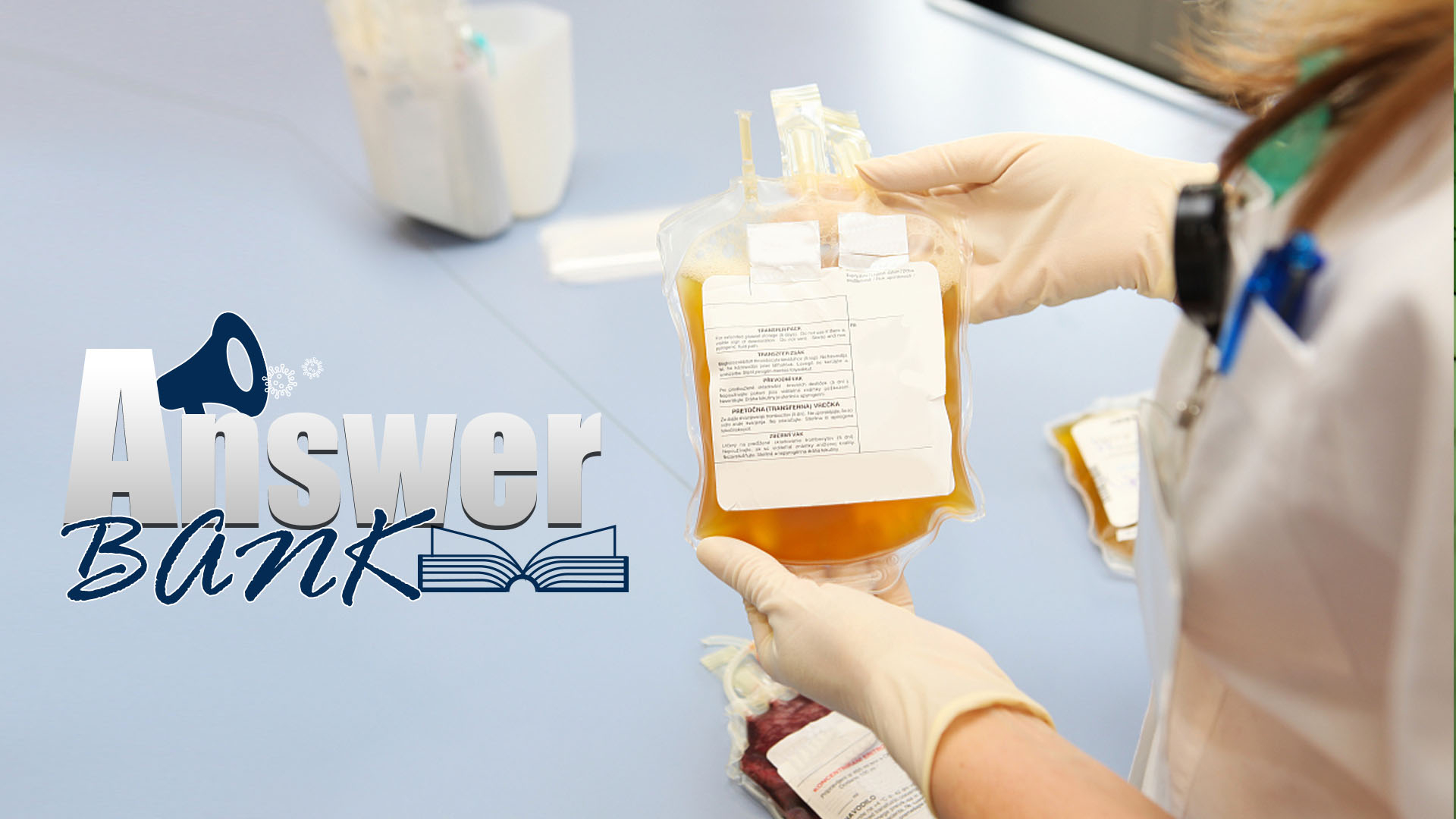
The plasma of recovered patients of the novel coronavirus pneumonia (COVID-19) has been proven effective in treating the new disease because it contains large amounts of antibodies that help fight the virus.
Some people might believe that the plasma can help healthy people to prevent COVID-19 through transfusion, however, the effectiveness of the plasma to some patients doesn't mean it can be used for prevention.
Plasma treatment is adopted when there is a lack of a vaccine or specific medicine during an epidemic outbreak. In the current outbreak of the novel coronavirus, the plasma treatment is used to save severe and critically ill patients.
COVID-19 is a disease transmitted through the respiratory tract, thus, the prevention of infection requires the deployment of antiviral antibodies on respiratory mucosa to stop the virus from binding with the virus receptor on the target cells' surface.
So far, there is no evidence showing that the plasma treatment can prevent this infection process.
Besides antibodies against the novel coronavirus, the patients will also get unwanted antibodies, plasma proteins and cell factors from the plasma which could damage their immunologic balance and induce allergic reaction, or even cytokine storm.
Another reason of using plasma to treat only severe and critical cases is the insufficiency of supplies since the plasma comes from cured patients.
The latest version of diagnostic and treatment guidelines for COVID-19 published by the National Health Commission of China has also limited the use of the plasma treatment to patients of severe and critical condition.
Therefore, mild cases are suggested to be treated with safer methods, and healthy people should take safety measures to prevent viral transmission.
Read more:
Answer Bank: What is herd immunity and how does it work?